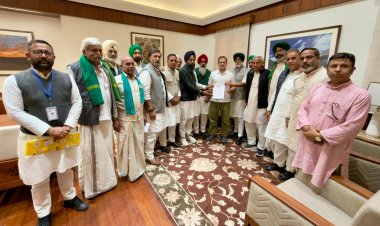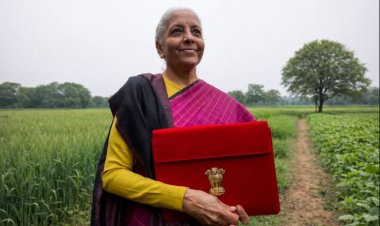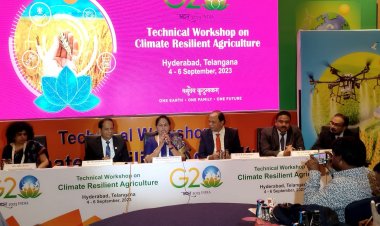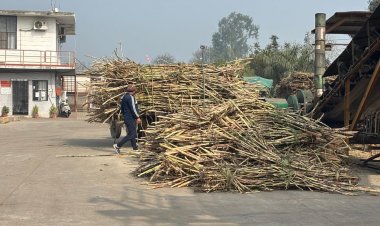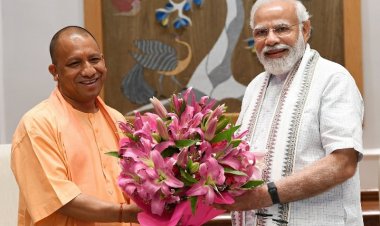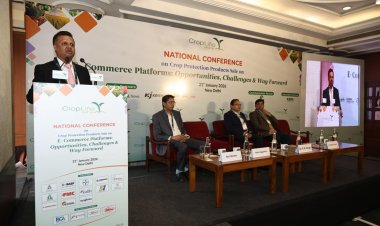India’s vegetable oil prices jump 17% in March after import duty hike; industry flags Nepal imports
Despite the overall cooling of prices, largely driven by a substantial drop in food inflation (down to 2.69% in March), the sharp increase in vegetable oil prices is notable given its roughly 4% weightage in the Consumer Price Index (CPI), encompassing both rural and urban consumption.
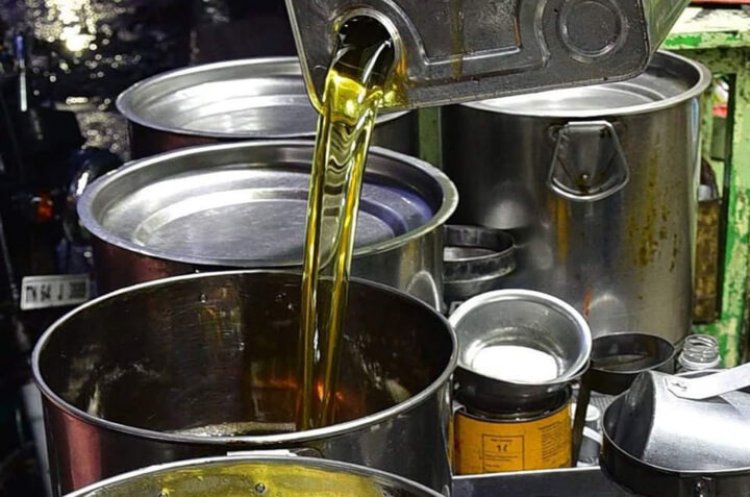
- R. Suryamurthy
While Indian consumers are currently enjoying a significant dip in overall retail inflation, which has unexpectedly plummeted to a five-year low of 3.34% in March, a closer look reveals a concerning trend in the edible oil sector. Vegetable oil prices have surged by 17% year-on-year, a direct consequence of the government's strategic decision to hike import duties on crude vegetable oils. This policy, intended to bolster domestic oilseed cultivation, has sparked concerns within the industry about a surge in duty-free imports from Nepal that could undermine these efforts and distort the market.
Despite the overall cooling of prices, largely driven by a substantial drop in food inflation (down to 2.69% in March), the sharp increase in vegetable oil prices is notable given its roughly 4% weightage in the Consumer Price Index (CPI), encompassing both rural and urban consumption. While the low overall inflation offers immediate relief and potentially sets the stage for monetary policy easing, the volatility in edible oil prices, heavily influenced by government policies and international trade, presents a complex picture for future inflation trends, especially with the upcoming monsoon season being a crucial factor for overall food prices.
Sudhakar Desai, President of the Indian Vegetable Oil Producers’ Association (IVPA), explained that the significant 17% price hike is a direct outcome of the government's move in September 2024 to increase import duties on crude vegetable oils from 5.5% to 27.5%. This measure was designed to incentivize local oilseed production and ensure better returns for farmers through Minimum Support Prices (MSP). Currently, domestic mustard and soybean prices are trading slightly below MSP, with the mustard harvest approaching. Given that India imports around 60% of its edible oil needs, global prices, tariffs, biodiesel policies, and the upcoming monsoon will all play a crucial role in shaping market dynamics.
However, the IVPA has raised a red flag regarding a dramatic increase in duty-free edible oil imports from Nepal under the South Asian Free Trade Area (SAFTA) agreement. In a formal representation to government departments, the association highlighted that imports from Nepal have surged to over 1.80 lakh metric tonnes between January and March 2025, a significant jump from the 1.25 lakh tons imported throughout the entire year of 2024. Notably, a substantial portion of last year's imports arrived after the Indian duty hike, suggesting a potential rerouting of soya imports via Nepal to take advantage of the zero-duty access.
The IVPA argues that this influx, exceeding Nepal's domestic production capacity, raises serious questions about the enforcement of Rules of Origin and the possibility of third-country routing. This is creating an uneven playing field for Indian processors and refiners, impacting farmgate oilseed prices and leading to underutilized domestic capacity. The association also fears that this trend is weakening market sentiment, leaving farmers receiving below MSP despite the increased import duties. The situation also carries fiscal implications, potentially leading to revenue loss and undermining the intended benefits of agricultural development cesses.
Despite these immediate challenges, India remains committed to its long-term goal of achieving self-sufficiency in edible oils, as reiterated in the Union Budget 2025. The government is focusing on developing value chain clusters to boost domestic production, building upon initiatives like the NMEO-Oilseeds, which aims for a significant increase in domestic production by 2030-31. However, experts emphasize the importance of environmental sustainability in this pursuit, cautioning against the negative impacts of unchecked oilseed cultivation and advocating for climate-smart solutions.
Dr. Barun Kumar Thakur from FLAME University underscores this point, stating, "True growth lies not just in producing more oilseeds, but in cultivating them sustainably." He emphasizes the need for agro-ecological principles to align economic and ecological goals, warning against potential long-term import dependence if environmental concerns are ignored.
The current scenario in India's edible oil sector presents a complex interplay of government policy, international trade dynamics, and the overarching goal of self-sufficiency, all set against a backdrop of surprisingly low overall inflation. The coming months will be crucial in observing how these factors evolve and ultimately impact both consumer prices and the agricultural economy.


 Join the RuralVoice whatsapp group
Join the RuralVoice whatsapp group


















